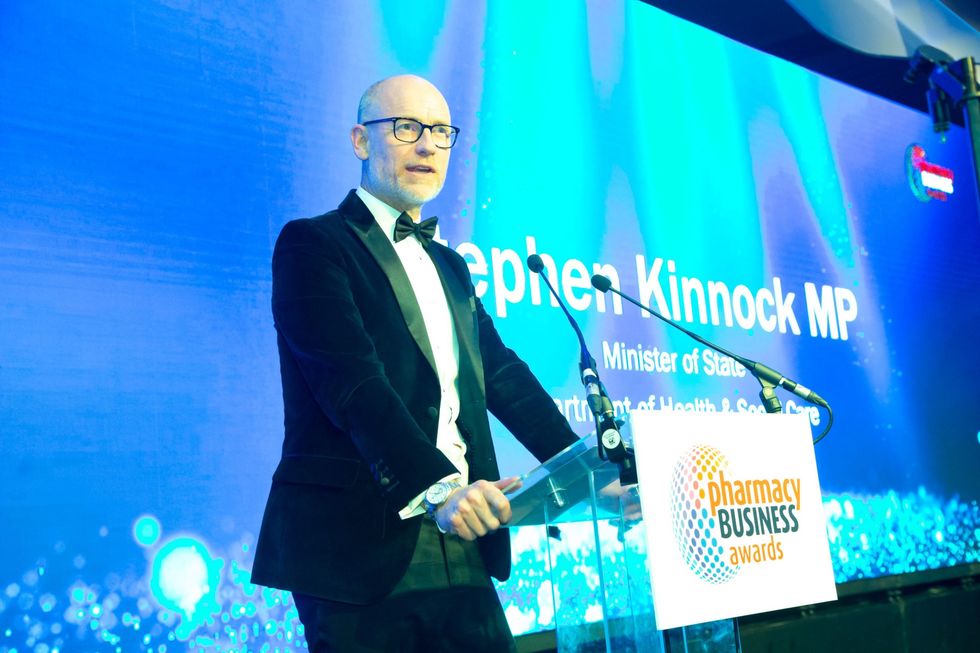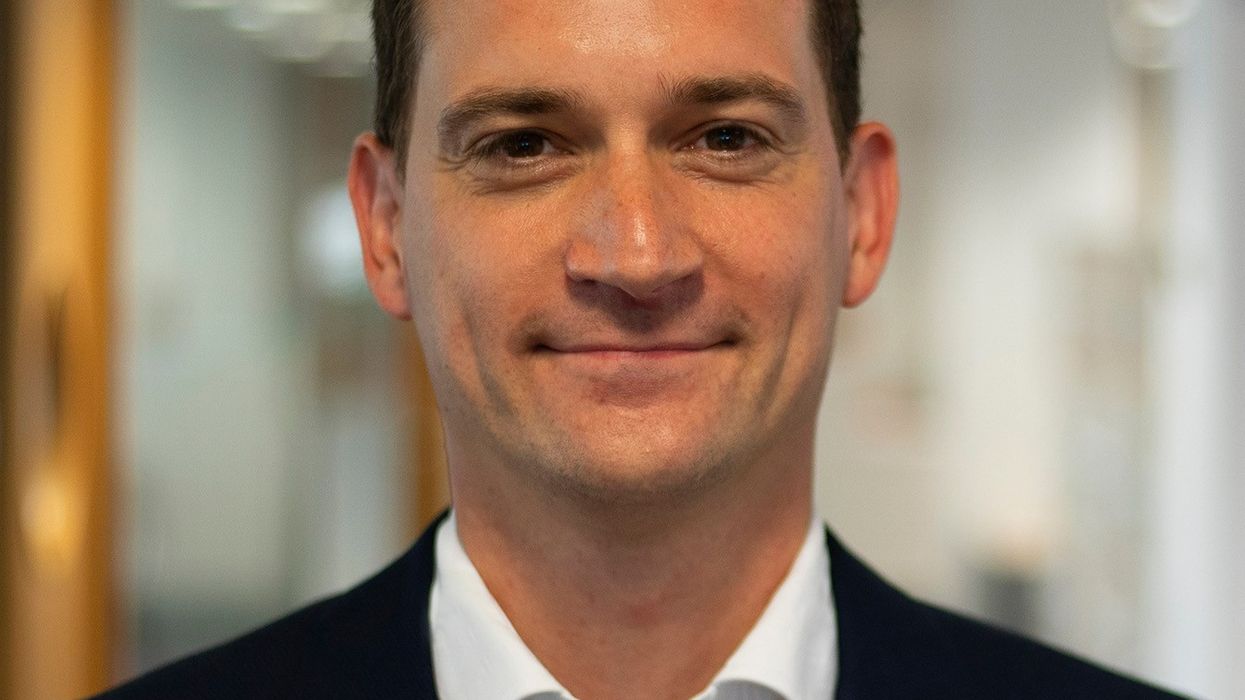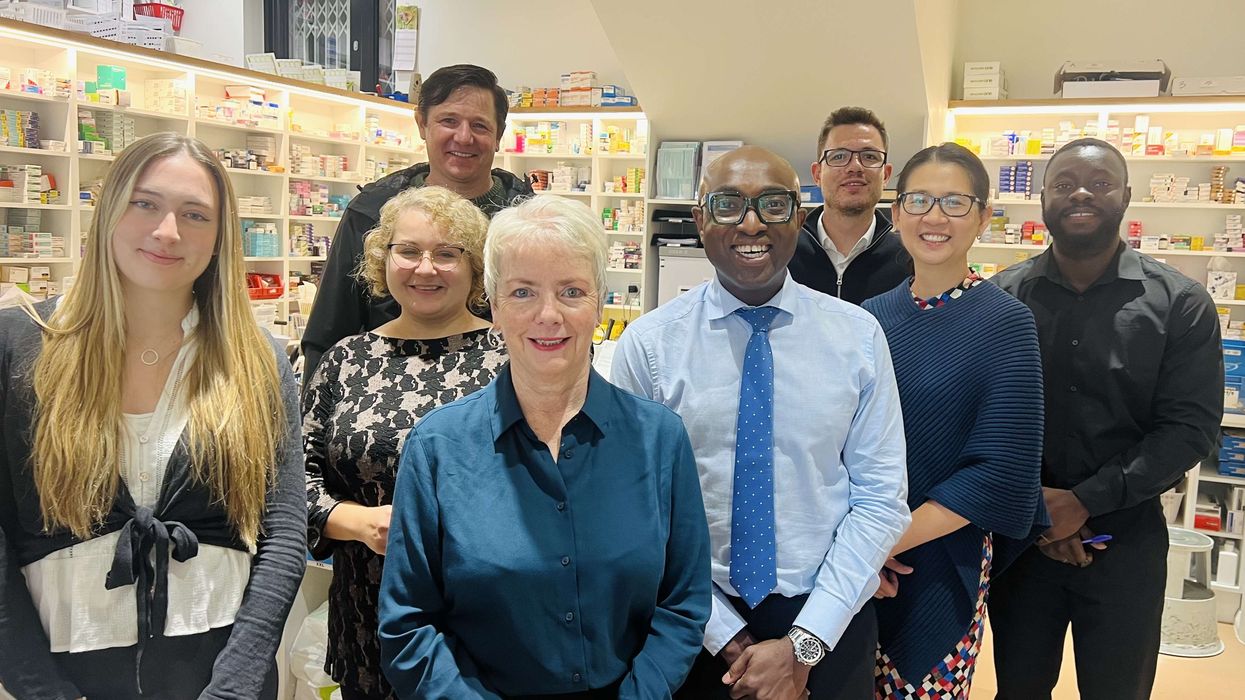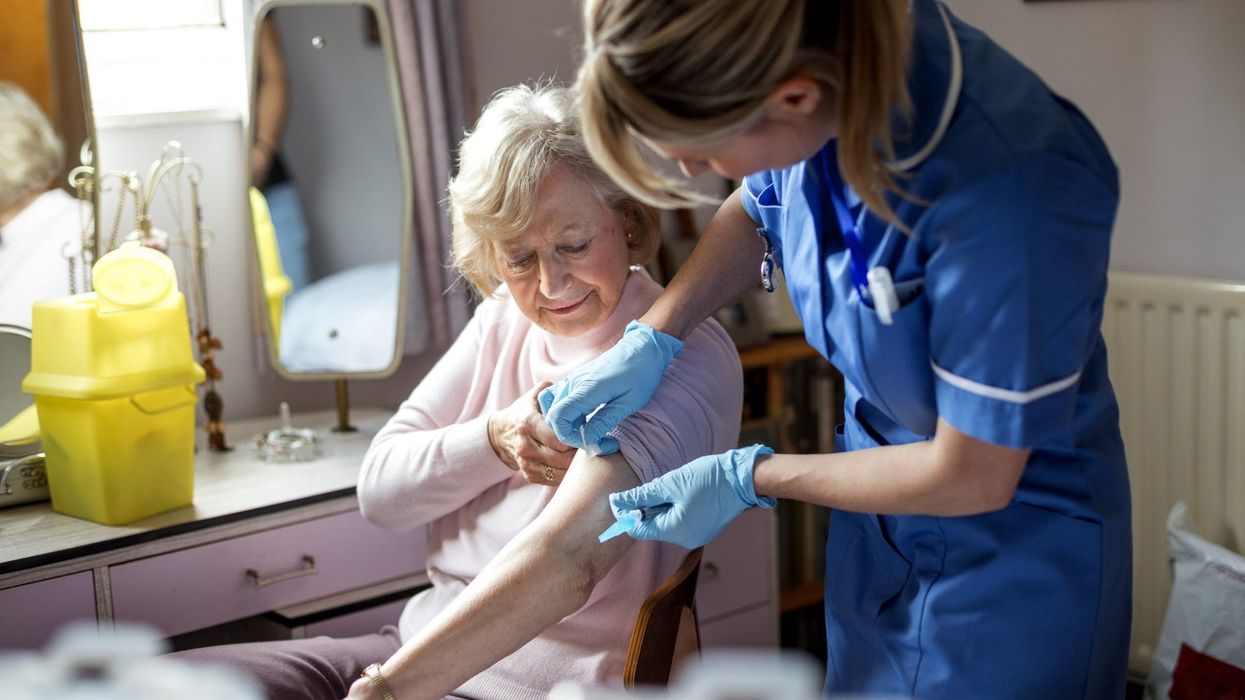Henry Gregg, the new chief executive of the National Pharmacy Association (NPA), believes community pharmacies have a right to have insight into discussions relating to the pharmacy funding contract.
Currently, Community Pharmacy England (CPE) solely negotiates the elements of the Community Pharmacy Contractual Framework (CPCF) with the Department of Health and Social Care (DHSC) and NHS England.
These negotiations include reaching agreement on matters relating to pharmacy funding, regulations and services.
Former NPA chair Nick Kaye said other pharmacy stakeholders, including the NPA, should be kept in the loop during contract negotiations.
Gregg revealed that CPE is ‘looking at their structure at the moment’.
He added: “It's really important that independent pharmacies are strongly represented in all forums and we have proper representation.
“Independent pharmacies, especially if they're really up against it, are looking for us to deliver their voice in these forums.
“There's going to be more conversations about how that looks in practice and I’m really keen to get into those conversations, but our overall approach has to be that our voice is heard, and it's heard really loud in each of those committees and forums.”
Earlier this month, pharmacy minister Stephen Kinnock refused to confirm when negotiations for the 2026/27 funding contract will commence.

Following a six-week consultation with CPE, the government announced on March 31st that it had approved a record £3.073 billion funding package for 2025/26, along with an additional £215 million to support Pharmacy First and other Primary Recovery Plan services.
However, findings of an economic independent review showed that 'there is a still a significant gap' between the cost of delivering NHS community pharmacy services and what pharmacies will be paid.
The new contract was still £2.5 billion short of the total amount the economic analysis commissioned by NHS England believed was needed for pharmacies to provide services to the public. It is hoped that the next contract will address this gap in funding.
Earlier this year, NPA members voted unanimously to go ahead with collective action in the face of mounting pressures which has led to over 1,300 pharmacies closing since 2017.
The collective action was called off in the aftermath of the announcement of the new contract.
When asked if the NPA would consider collective action again the future, Gregg insisted his immediate goal was to work with the government.
“The priority right now is to build relationships with government because we've (NPA) have got a new chief exec and a new chair (Olivier Picard), and it's really important to talk to the government and find out what we can deliver for them and what they could do for us,” said Gregg.
“In terms of what happens further down the line, we would want to look at all options. Long-term campaigns sometimes have to take on different tactics at different times.”
Gregg hinted that the NHS 10-Year Health Plan would play a key role in how the NPA works with the government.
The government aims to transform the NHS by shifting from hospital to community, analogue to digital, and sickness to prevention.
In December, CPE made a submission to the government’s highlighting the benefits of increased commissioning of pharmacy services
“The 10-Year Health Plan is going to be published very soon. If they're (government) are really serious about spending less in the acute end - in hospitals and also freeing up GP capacity, community pharmacy has to be a part of that solution.
“There's some opportunities there with government now and it's really important that we get them around the table and talk about them and make sure that they happen.”












